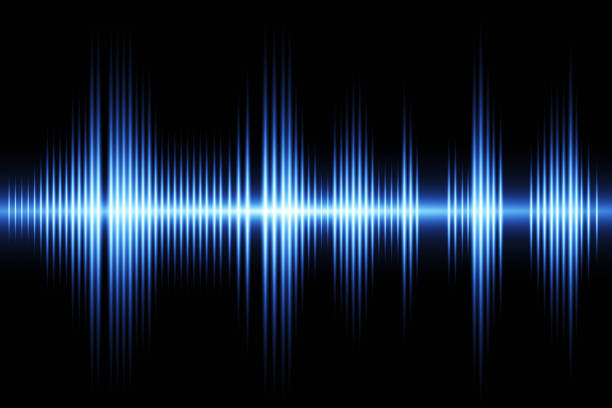Noise in Dog Kennelling: Is Barking a Welfare Problem for Dogs?

Noise levels (sound pressure levels, SPLs) were monitored over 24 and 48 h in a number of different types of kennels including shelters, training establishments and research laboratories. Two measures of SPL were used, Lpeak and Leq, over both low (1 Hz-20 kHz) and high (12.5–70 kHz) frequency ranges and using a linear weighting. At most sites the noise levels followed a diurnal pattern; levels were generally low and relatively constant overnight, increased gradually in the early morning and then fluctuated during the working day. Levels decreased in the evening at different times depending on the local regimes. In one facility near railway lines the diurnal pattern was less obvious. During the day Lpeak values regularly exceeded 100 dB and often reached 125 dB; Leq values were between 65 and 100 dB. The high noise levels were caused mainly by barking, but husbandry procedures such as cleaning also contributed to them. The noise levels recorded here may have welfare implications. If this is shown to be the case, it is not yet clear what are the best methods of reducing the levels. There is currently a lack of adequate guide lines for noise levels in dog kennels. The current work has highlighted an area of concern in dog husbandry that urgently needs to be addressed.
Sales, G., Hubrecht, R., Peyvandi, A., Milligan, S., and Shield, B. (1997). Noise in dog kennelling: Is barking a welfare problem for dogs? Applied Animal Behaviour Science, 52(3-4), 321-329
Photo: iStock.com/iLexx
View ResourceTopic(s): Breeder Resource, Environment, Environmental Management and Monitoring, Noise Levels